Sometimes I hear this expression and it makes my hair stand on end (it makes me feel sick).
It is a curious mixture of concepts that have the appearance of being legal but are used to supposedly command the respect of legal laymen.
Taking advantage of the legal term applied to third parties in discord that over time have been called “third parties in the process” or “judicial third party” has been mixed with the term “trusted third party” that has other meanings to designate a supposedly more generic concept.
The Judicial Third Party is the opposition made by a third party that is presented in a judicial process brought by two or more litigants, either by supporting the right of one of them or deducting his own to the exclusion of the others.
In this type of intervention, the third party who is prejudiced by the way in which the claims of the litigants are presented, formulates a claim in the litigation that is incompatible with the other claims (executor, executed, or other third parties).
The third party may act for the seizure of an asset that is his property or demanding the preferential payment of his claim with the proceeds of the sale of the seized asset. According to this definition, third parties may be:
- Domain: in which the third party claims to be the owner, to have the domain of the seized property.
- Possession: it is the one that enforces the possessor over goods that have been seized.
- Payment: seeks preferential payment in the regularization of the debts of the executed party, and seeks a privileged payment over the third party.
- Pre-petition: seeks payment because of the privilege conditions of more than one creditor.
- Of better right: when a third party claims to have a better right than the seizing party to keep the proceeds from the sale of the seized property (e.g., mortgagee with a better right than the unsecured creditor).
As you can see, there is no third party trust.
Sometimes, the term is twisted to speak of “electronic third parties” as if it referred to the provisions of intervention of “trusted third parties” in the framework of the LSSI-CE (Law 34/2002, of July 11, 2002, on services of the information society and electronic commerce). Figure, by the way, poorly defined in the aforementioned regulation and that anyone could assume without, until recently, its accreditation was required in any way.

